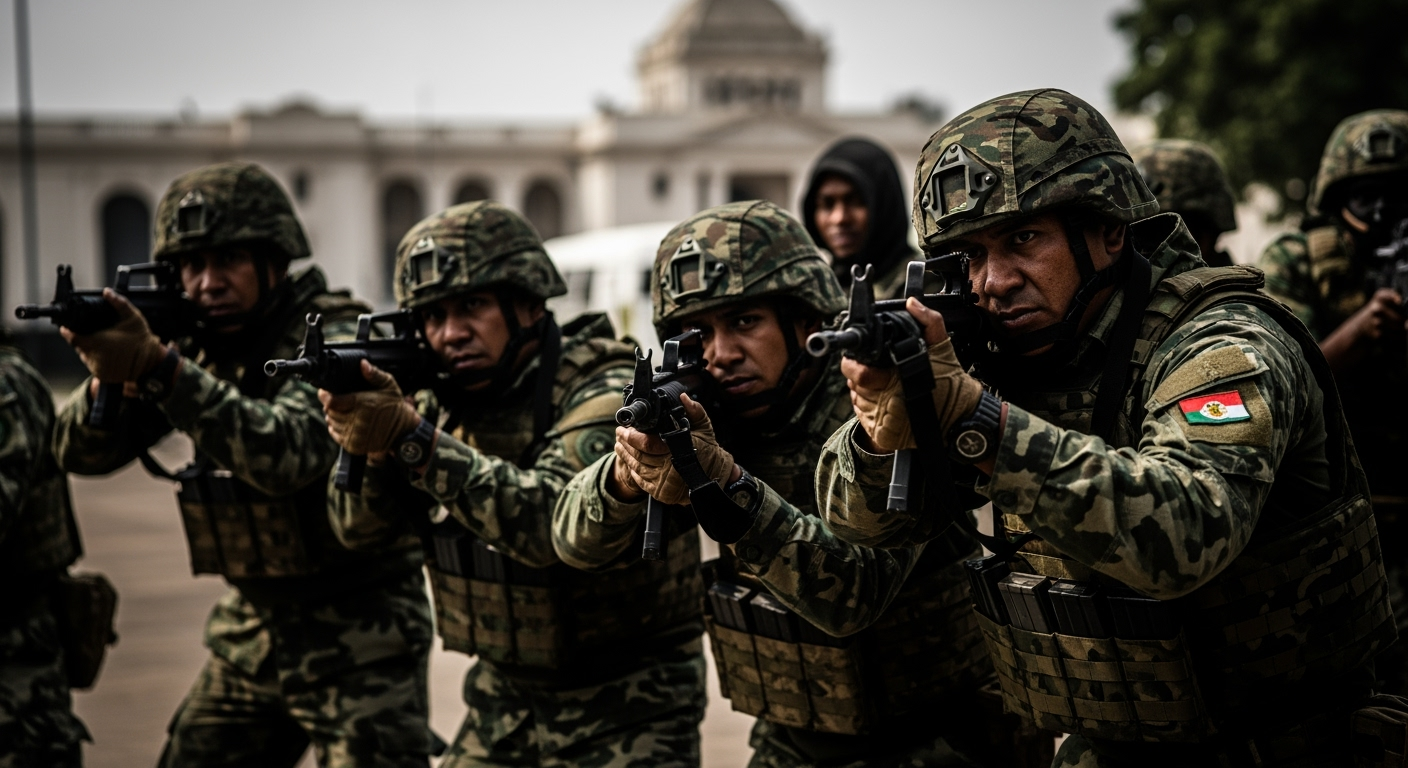Related Articles

Poland's Enduring Economic Ascent: A Central European Success Story




The world of professional tennis is facing a potentially seismic shift as the Professional Tennis Players Association (PTPA), backed by a group of players, has filed a class-action lawsuit against the sport's major governing bodies. The lawsuit, targeting the ATP and WTA Tours, the International Tennis Federation (ITF), and the International Tennis Integrity Agency (ITIA), alleges anti-competitive practices, exploitation of players, and a disregard for their health and safety. This legal challenge, years in the making, could reshape the landscape of professional tennis, impacting everything from player compensation to tournament schedules and the very structure of the sport.
The PTPA, co-founded in 2020 by Novak Djokovic and Vasek Pospisil, claims that the current system is "broken," with players trapped in an unfair structure that suppresses their earnings and jeopardizes their well-being. Ahmad Nassar, the PTPA's executive director, has been vocal about the need for reform, stating that the organization was left with no choice but to pursue legal action after years of unsuccessful attempts to negotiate changes with the governing bodies. The lawsuit, filed in multiple jurisdictions including the United States, the United Kingdom, and the European Union, accuses the defendants of operating as a "cartel" that fixes tournament prize money, imposes a "draconian" ranking system, and restricts players' ability to negotiate better working conditions.
The 163-page complaint outlines a range of grievances, including:
The ATP and WTA have strongly refuted the PTPA's claims. The ATP has accused the PTPA of creating "division and distraction" and asserted that the lawsuit is "entirely without merit." The WTA has described the legal action as "baseless" and "misguided," arguing that it will divert resources from their core mission of growing women's tennis. Both organizations have vowed to vigorously defend their positions in court.
While Novak Djokovic co-founded the PTPA and has been a long-time advocate for player rights, he is not among the plaintiffs in the lawsuit. Djokovic has stated that he disagrees with some aspects of the legal action and wants other players to "step up" and take the lead. This has highlighted a potential divide within the player ranks, with some top players hesitant to publicly support the lawsuit. Carlos Alcaraz, for example, expressed surprise at the lawsuit and indicated he had no prior knowledge of it. However, other players, such as Nick Kyrgios, have voiced their support for the PTPA's efforts. Nassar has stated that many players feared "repercussions" if they put their names on the suits.
The outcome of this lawsuit could have far-reaching consequences for the future of professional tennis. If the PTPA is successful, it could lead to significant changes in how the sport is governed, how revenue is distributed, and how players are treated. It could also empower players to have a greater voice in decisions that affect their careers and well-being.
However, the legal battle is likely to be long and complex, and the governing bodies are expected to mount a strong defense. The lawsuit has already sparked debate and division within the tennis community, and it remains to be seen whether it will ultimately lead to meaningful reform or further entrench the existing power structures.
The lawsuit goes beyond just prize money. The PTPA is challenging the fundamental power dynamics in professional tennis, seeking to give players more control over their careers, their image rights, and their working conditions. They are questioning the very structure of the sport, arguing that it is designed to benefit the tournaments and governing bodies at the expense of the players.
The PTPA's slogan, "Game, Set, Reform," encapsulates their vision for a more equitable and sustainable future for professional tennis. Whether they can achieve this vision through the courts remains to be seen, but their legal challenge has undoubtedly served a powerful message to the sport's establishment: the players are demanding change, and they are prepared to fight for it.